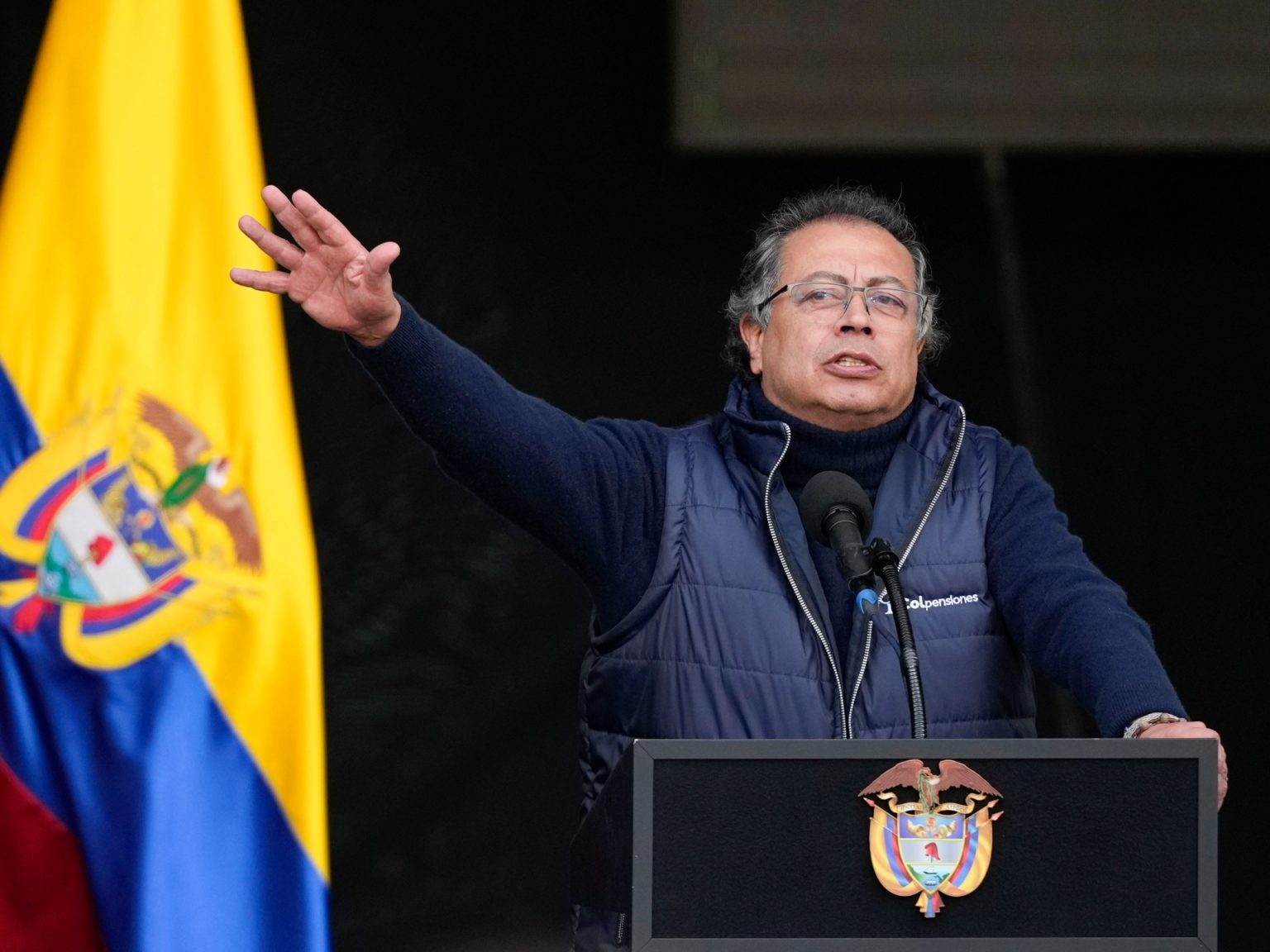Gustavo Petro’s presidency in Colombia has been a tumultuous journey marked by a series of political crises, both on the domestic and international fronts. His ambitious reform agenda, coupled with his foreign policy decisions and allegations of corruption, have created a complex and often volatile political landscape. While these challenges have eroded public confidence and fueled opposition, Petro has also demonstrated a remarkable resilience, leveraging moments of confrontation to rally his base and solidify his image as a defiant leader. This dynamic interplay of crisis and resilience has defined his presidency, leaving the future trajectory of his administration and Colombia’s political landscape uncertain.
One of the most defining characteristics of Petro’s presidency has been his ambitious and comprehensive reform agenda. He campaigned on promises of sweeping changes to healthcare, pensions, and labor laws, aiming to address deep-seated inequalities and improve the lives of ordinary Colombians. However, these ambitious reforms have encountered significant resistance, primarily from opposition parties and vested interests. Legislative roadblocks, coupled with public protests and concerns about the economic implications of the proposed changes, have slowed down the implementation of these reforms and hampered Petro’s ability to deliver on his promises. This struggle to enact meaningful change has created a sense of frustration among some of his supporters while emboldening his opponents, further polarizing the political landscape.
Adding to the domestic challenges, Petro’s foreign policy decisions have also sparked controversy and fueled skepticism, particularly among more conservative sectors of Colombian society. His outreach to Venezuela and Cuba, seeking their mediation in Colombia’s ongoing peace process, has been met with criticism from those who view these countries as problematic partners. This decision has been interpreted by some as a sign of Petro’s willingness to engage with governments that have been accused of human rights abuses and undermining democratic principles. This has further alienated segments of the Colombian population and reinforced the narrative of Petro as a radical leftist leader, potentially jeopardizing his ability to build broader political consensus.
The Petro administration has also been plagued by internal instability and allegations of corruption. A series of cabinet reshuffles and internal disputes have created an image of a government struggling to maintain cohesion and effectively govern. More seriously, corruption allegations surrounding Petro’s son and the financing of his 2022 presidential campaign have further eroded public trust and provided ammunition to his opponents. These allegations, while still under investigation, have cast a shadow over his presidency and raised questions about the integrity of his administration. The ongoing investigations and the potential for further revelations continue to add an element of uncertainty to the political landscape.
Despite these numerous challenges, Petro has demonstrated a remarkable ability to navigate political crises and maintain a loyal base of support. His recent clash with former US President Donald Trump, sparked by Trump’s threats of tariffs and sanctions against Colombia, exemplifies this dynamic. While these threats created legitimate concerns about potential economic repercussions, Petro skillfully used the confrontation to rally his supporters and portray himself as a defender of Colombian sovereignty against foreign pressure. This ability to turn moments of external pressure into opportunities for populist mobilization has been a recurring theme throughout Petro’s political career.
Petro’s core base of support consists of progressive voters, human rights advocates, and those disillusioned with Washington’s historically interventionist approach in Latin America. These groups see Petro’s resistance to Trump’s hardline policies as an assertion of national dignity and a rejection of US interference in Colombian affairs. This resonates deeply with a segment of the population that views the US with suspicion and is wary of its influence in the region. Petro’s stance against Trump allowed him to tap into this sentiment and solidify his support among those who prioritize national sovereignty and independence from US influence.
Looking ahead, the 2026 elections loom large on the horizon, and the future trajectory of Petro’s presidency remains uncertain. The economic consequences of his policies, the ongoing corruption investigations, and his ability to effectively manage the complex political landscape will be crucial factors in determining his political future. His ability to frame potential future confrontations with the US or other international actors as acts of aggression against Colombian sovereignty could further solidify his support among his base. However, the ability to maintain this strategy while simultaneously addressing the pressing economic and social challenges facing the country will be the ultimate test of his leadership and political acumen. The ongoing tensions between his ambitious reform agenda, the realities of governing a deeply divided nation, and the complex international context will continue to shape the narrative of his presidency and determine his legacy.

